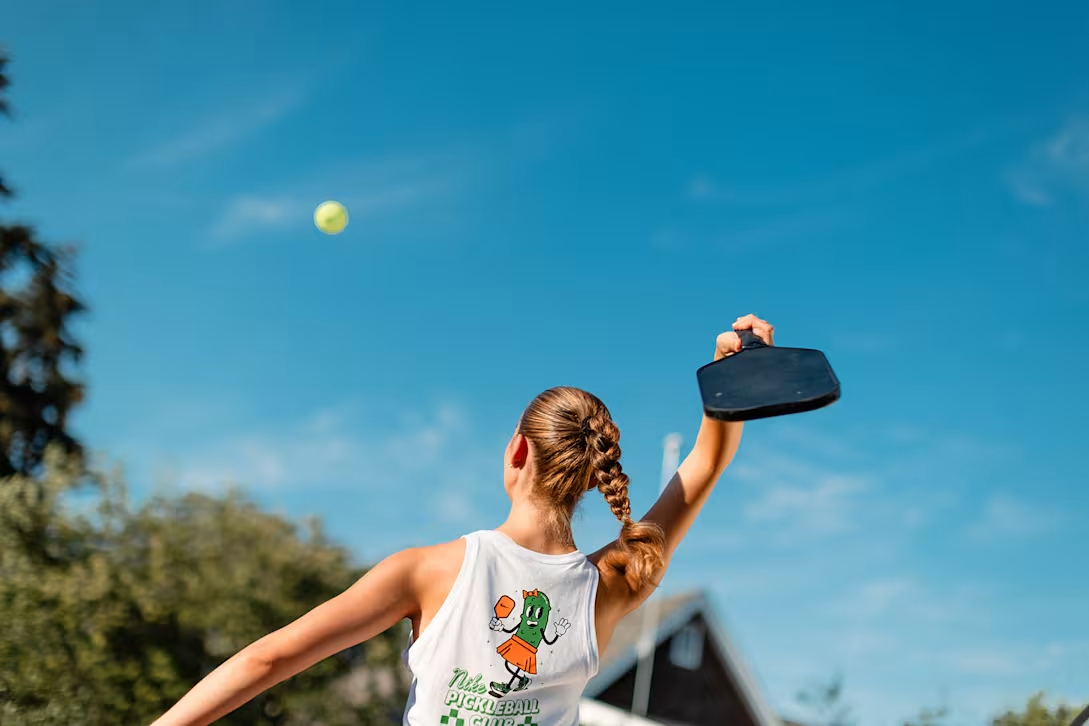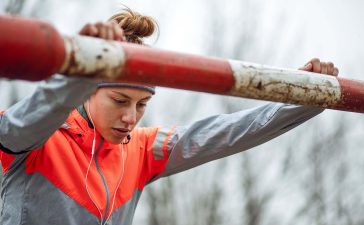In every corner of the world, sports and recreation connect people in ways few other things can. Whether it’s children playing soccer in a park, athletes competing on international stages, or families hiking through scenic trails, the universal language of movement continues to unite, inspire, and heal.
In 2025, as the world moves faster than ever, the importance of sports and recreation is clearer than at any point in recent history. Beyond physical fitness, they are powerful tools for social connection, mental health, and personal growth. This article explores how modern society is rediscovering the transformative power of play — and why it matters more than ever.
1. The Role of Sports in a Changing World
Sports have always been a reflection of society — its values, struggles, and aspirations. In today’s world, where technology dominates and sedentary lifestyles are the norm, physical activity is becoming both a necessity and a form of rebellion against passivity.
Professional and amateur sports alike serve as a bridge between cultures and generations. Major events like the Olympics, FIFA World Cup, and Paralympic Games remind us that competition, when grounded in respect, can unite people beyond politics or nationality.
But sports aren’t just for the professionals on TV — they’re a social fabric that strengthens communities everywhere. Local clubs, recreational leagues, and school teams give people a sense of belonging, teamwork, and purpose.
2. Recreation and Well-Being: More Than Just Fitness
Recreation encompasses far more than organized sports — it’s any activity that helps people relax, recharge, and find joy in motion. From yoga to mountain biking, from swimming to weekend gardening, recreation gives balance to our modern lives.
Research consistently shows that recreation boosts both physical and mental health. Regular activity reduces stress, anxiety, and depression while improving sleep, mood, and cognitive function. For many, it’s a form of meditation in motion — a way to clear the mind and strengthen the spirit.
Outdoor recreation, in particular, has gained momentum in recent years. Activities like hiking, kayaking, and trail running are being embraced by people seeking nature’s restorative power. With urban stress levels at an all-time high, reconnecting with the outdoors is becoming a wellness necessity rather than a luxury.

3. Technology and the Evolution of Sport
Technology has transformed nearly every aspect of sports and recreation. Smartwatches, fitness trackers, and performance apps allow athletes and amateurs alike to monitor progress, set goals, and improve performance.
Artificial intelligence (AI) and virtual reality (VR) are now being used in training programs, helping athletes visualize success and perfect their techniques. Meanwhile, e-sports — once dismissed as a niche — has exploded into a global phenomenon, blurring the line between gaming and athleticism.
However, technology’s influence goes beyond performance tracking. Online communities have made it easier than ever to find like-minded people, join virtual challenges, or even participate in digital marathons and charity events. Social media has turned athletes into influencers and recreational enthusiasts into motivators.
Still, the challenge remains to balance technology with the raw, human side of sport — the sweat, teamwork, and emotion that no screen can replicate.
4. Inclusivity: Opening Doors Through Sport
One of the most inspiring developments in modern recreation is the growing commitment to inclusivity. Sport has become a platform for empowerment — breaking down barriers related to gender, age, ability, and socioeconomic background.
Women’s sports, in particular, have seen an unprecedented rise in visibility and respect. Female athletes are inspiring millions by proving that strength and grace can coexist — both on and off the field. The expansion of professional women’s leagues in soccer, basketball, and cricket reflects a major cultural shift toward equality.
Adaptive sports have also transformed lives by giving individuals with disabilities the chance to compete and thrive. Wheelchair basketball, para swimming, and adaptive skiing are no longer sidelined; they’re celebrated as symbols of resilience and determination.
At the recreational level, community programs and inclusive playgrounds are ensuring that everyone — regardless of ability or background — can enjoy the benefits of active living.
5. The Mental Health Connection
In a time when mental health awareness is finally getting the attention it deserves, sports and recreation are emerging as vital tools for emotional well-being. Exercise triggers endorphins, the body’s natural mood boosters, while structured physical activity provides purpose, focus, and social support.
Many therapists and psychologists now recommend “movement therapy” — integrating physical activity into treatment for anxiety, stress, and depression. Group activities like team sports and dance classes also foster social connections, combating loneliness in an increasingly digital society.
Recreational sports can also serve as a safe outlet for emotion. The discipline and focus required in training teach patience and resilience — valuable life skills that extend far beyond the playing field.
6. Youth Development: Building Character Through Play
For young people, sports and recreation are more than after-school hobbies — they’re life-shaping experiences. Participating in sports teaches children and teenagers teamwork, leadership, discipline, and respect for others.
Coaches often play a mentoring role, teaching lessons about perseverance, sportsmanship, and dealing with both victory and defeat. These experiences help young athletes build confidence and emotional intelligence that serve them for life.
Recreation also provides an important balance to the pressures of academic and digital life. Outdoor play, creative movement, and team activities foster imagination, social interaction, and physical literacy — skills that too many children are losing in the age of screens.
In 2025, schools and communities are investing more in accessible youth programs, ensuring that children from all backgrounds can enjoy the developmental benefits of sports and recreation.
7. Sustainability and the Future of Outdoor Recreation
As environmental awareness grows, sustainability has become a major focus in the recreation industry. Outdoor enthusiasts are realizing that enjoying nature means protecting it.
National parks and tourism boards are promoting “Leave No Trace” principles, encouraging visitors to minimize their ecological footprint. Eco-friendly equipment, renewable energy in sports facilities, and responsible event planning are becoming standard practices.
Businesses in the recreation sector are adapting too — offering green gear, carbon-neutral adventures, and educational eco-tours that blend fun with environmental awareness. The future of recreation depends on maintaining a balance between enjoyment and conservation.
8. Community and Connection Through Sport
At its heart, sport is about connection — not competition. Local recreation programs, charity runs, and community events bring people together across generations and backgrounds.
Sports create shared stories. They teach empathy, cooperation, and respect. They remind us that winning isn’t everything — participation, effort, and unity matter just as much.
Even in professional arenas, we see acts of kindness that transcend rivalry: athletes helping injured opponents, fans uniting for causes, and teams using their platforms to promote social change. These moments reveal sport’s greatest power — its ability to remind us of our shared humanity.

Conclusion: Rediscovering the Joy of Movement
In 2025, sports and recreation are more than pastimes — they’re vital to physical health, mental resilience, and social harmony. Whether it’s running a marathon, joining a community yoga class, or simply taking a walk in the park, movement reconnects us to ourselves and to others.
The beauty of sport lies not in the trophies or titles but in the journey — the effort, the teamwork, and the moments of joy that come from play. Recreation reminds us that life’s greatest victories often happen outside the scoreboard.
As technology, culture, and society evolve, one truth remains timeless: we were made to move. In a world that often pushes us toward stillness, sport and recreation are the forces that keep us alive, connected, and human.



